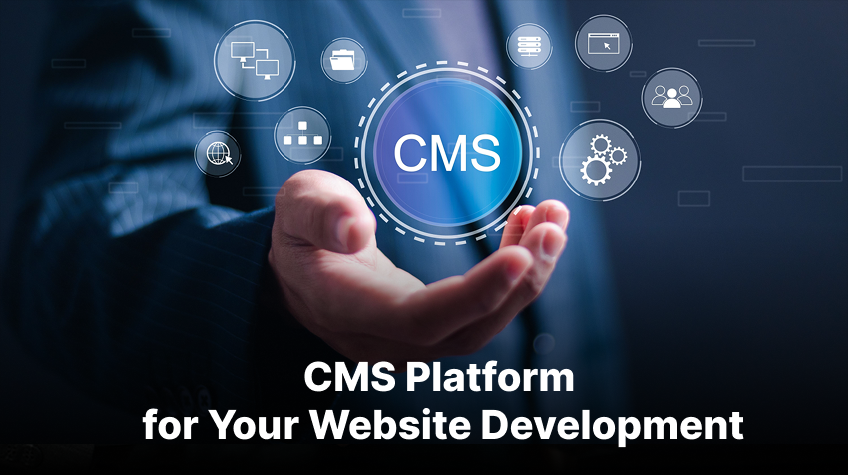
Find out the best CMS systems for web development. This guide explains all the main points of the top CMS platforms, their use, features, and benefits to help you choose the right tool for your blog, business site, portfolio, or online store.
With the content management systems (CMS), it has never been as simple to get a website up and running. Such platforms enable users to create, maintain, and change websites with a little technical expertise. Regardless of whether you are starting a blog, an eCommerce store, or a business site, the proper CMS can save you time, work, and cash.
But the choices are too many, and one may get confused with selecting the appropriate one. That is why we have created this guide, so that you can select the best CMS platform. Learn what a CMS is, the best platforms, their features, and for what purpose each one is suitable.
What Is a Content Management System (CMS)?
A Content Management System (CMS) is a software application that assists in the creation, management, and alteration of digital content in a website without writing fresh code. It forms a friendly interface where you can upload pictures, generate content, personalize designs, and even install plugins to enhance functionality. The Best CMS Platform makes it easier for anybody, from bloggers to businesses, to manage their websites with very little or no technical expertise at all.
Top CMS Platforms for Website Development
1. WordPress.org
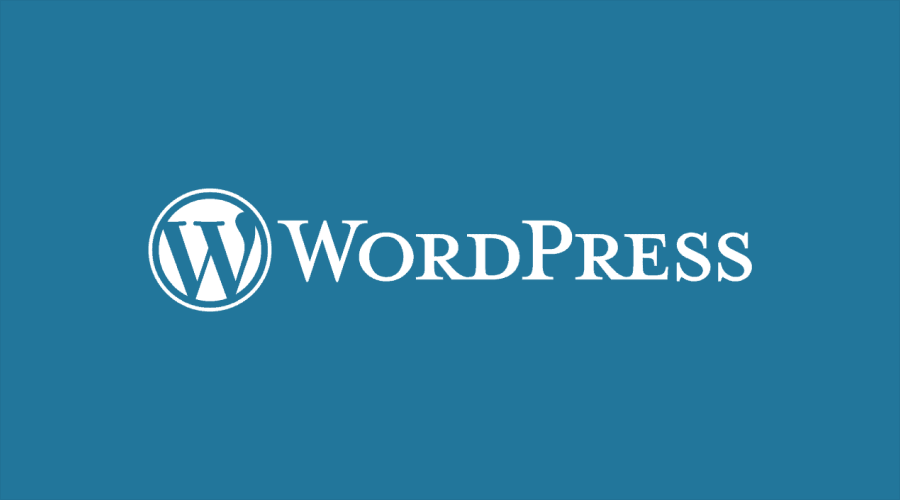
Best for: Blogs and small to large websites
The most popular open-source CMS in the world is WordPress.org. It hosts more than 40% of all websites around the world. Associated with its flexibility, it handles personal blogs as well as large business sites. Having thousands of plugins and themes, it’s easy to customize to suit your brand and objectives.
Key Features:
- Free and open-source: WordPress.org is free and supported by a vibrant world community.
- Thousands of themes and plugins: You have a lot of themes and plugins to choose from on your site to customize it easily.
- SEO-friendly: It is constructed with search engine visibility in mind and is compatible with strong SEO plugins such as Yoast.
- Customizable: Provides full access to pointers on coding to developers and simple builders, to starters.
- Strong community: Huge community support within forums, guides, and tutorials.
Also Read: CMS Vs WordPress: A David Vs Goliath Platform Battle?
2. Wix
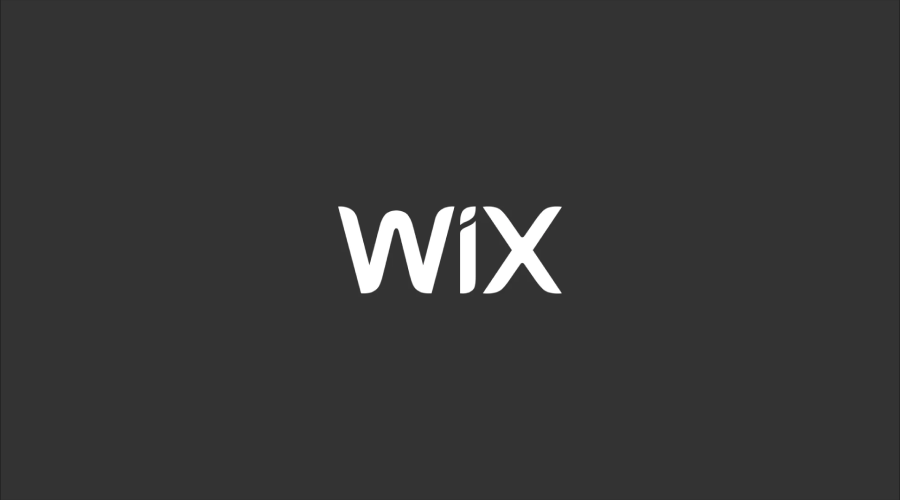
Best for: Beginners and small businesses
Wix is a one-stop platform for developing a website, which is easy to use. It has a drag-and-drop editor with striking templates and inbuilt tools for SEO, marketing, and eCommerce. Wix is perfect for non-programmers.
Key Features:
- Drag-and-drop interface: Simple drag-and-drop website builder with no need for coding.
- Free and premium plans: Try out a free plan and update as when the need arises.
- Mobile-optimized templates: Your site will be excellent both in terms of appearance and functionality on any device.
- App Market: Add additional features such as booking, live chat, and an eCommerce toolkit with ease.
- AI-powered design: Wix ADI uses artificial intelligence to assist you in building a site in minutes.
3. Shopify

Best for: eCommerce stores
Shopify is a powerful CMS dedicated to online stores. Selling one product, or thousands? Shopify has the power to support your sales, payments, and shipping, wrapped in one easy package.
Key Features:
- Built-in payment integration: Collect payments conveniently with over 100 gateways supported.
- Product and inventory management: Handle stock levels and product details with ease.
- Mobile-first design: Experience completely responsive themes that are beautiful on any device.
- App Store: Improve your store with apps for marketing, SEO, shipping, and more.
- Secure and reliable: Comes with SSL certificates and 24/7 customer support for customers’ convenience.
Also Read: Why is Shopify Popular in e-commerce
4. Squarespace

Best for: Creatives and portfolio websites
Squarespace is a trendy CMS that is used by photographers, designers, and other creative workers. It gives beautiful templates, a nice editing experience with native blogging, analytics, and eCommerce features.
Key Features:
- Award-winning design templates: Select from classy and professional designs.
- Built-in blogging and eCommerce: Blogging feature and online store features do not require additional plugins.
- Mobile-responsive: Sites are automatically optimized to look stunning on any device.
- Integrated analytics: Easily monitor the performance of your site and statistics of the visitors.
- 24/7 support: Receive assistance at any time through live chat and the help center.
5. Drupal
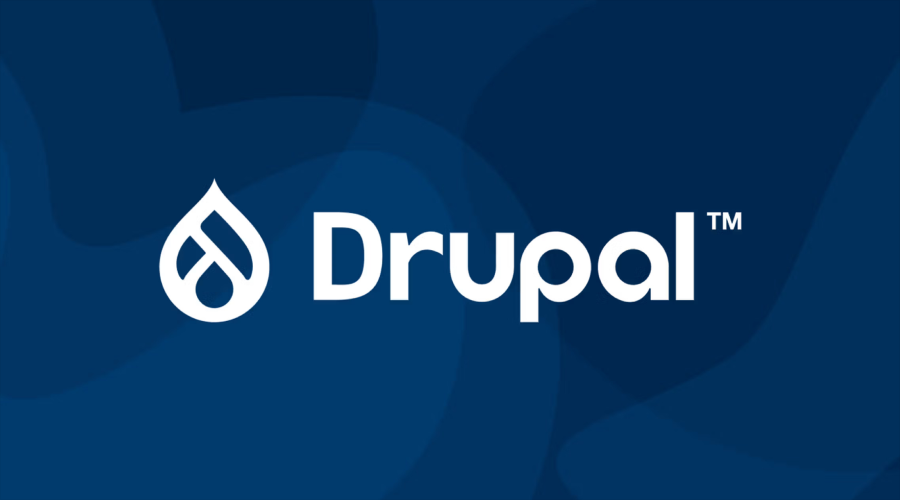
Best for: Complex, high-traffic websites
Drupal is an open-source CMS for governments, universities, and enterprises. It’s very flexible and safe, but it has a more acute learning curve than most of the CMS platforms.
Key Features:
- Advanced user roles and permissions: Ideal for managing the workflows of the team and editorial control.
- Modular and flexible architecture: Create custom content types and layouts quickly.
- Scalable: Made for high traffic and large amounts of data without a hitch.
- Multilingual support: It contains in-built tools for developing multilingual websites.
- Strong security: Reliable when it comes to governments and large organizations due to robust protection.
6. Joomla

Best for: Community and social networking sites
Joomla is a powerful CMS that combines flexibility with ease of use. It is good for portals, directories, and community-driven sites as it supports complex site structures.
Key Features:
- Multilingual support: Provides native language translation features, which are convenient for constructing completely localized websites for worldwide users.
- User management: Offers state of the art access control levels, so that you can define specific roles and rights for various users.
- Extension directory: Comes with thousands of plugins and templates to enhance functionality, customize the appearance, and action of your site.
- Content flexibility: Allows you to construct and organize various custom content-types besides just pages and posts, like directories, portfolio or products.
- Developer-friendly: Based on an MVC framework with a high-performing templating engine so that developers can have total control over structure, logic, and design.
7. Magento (Adobe Commerce)
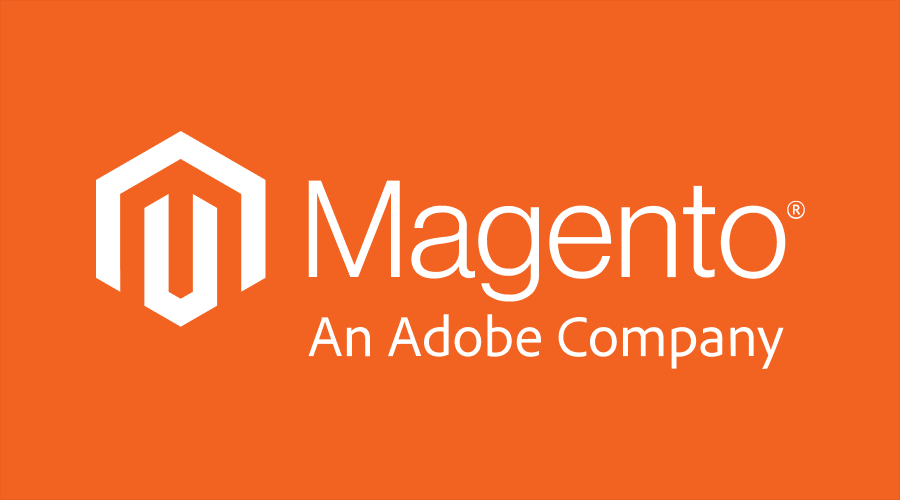
Best for: Large-scale eCommerce stores
Magento, which is now known as Adobe Commerce, is a robust eCommerce CMS designed for companies with a complex product catalog and a lot of traffic volume. It is best for developers and enterprises that need a high level of customization.
Key Features:
- Multiple store management: Manage multiple online stores from a common admin dashboard and get efficient control over various brands or regions.
- Flexible product types: Sell physical goods, digital downloads, subscriptions, and bundle products, everything out of the box.
- Advanced SEO and marketing tools: Increase visibility with in-built SEO tools and promote sales using upselling, cross-selling, and promotion tools.
- Powerful analytics and reporting: Get rich insights about customers’ behavior, sales trends and product performance with strong built-in reports.
- Highly customizable: Provides full control over the design and the function of the store, thereby enabling developers to customize everything according to the needs of a business.
Also Read: Key Benefits of Opting for Magento Maintenance Support Plan
8. Webflow
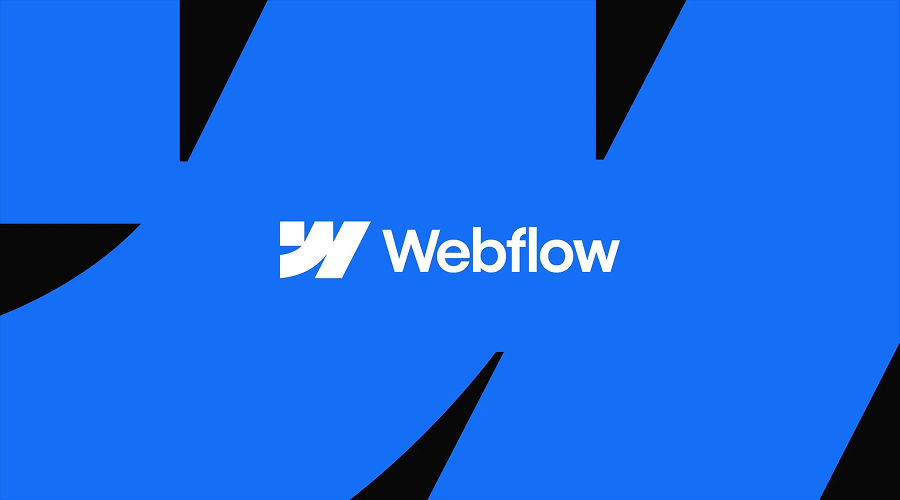
Best for: Designers and developers
Webflow is a modern CMS that enables users to create responsive websites visually and still produce clean HTML/CSS code. It’s ideal for professionals who want more design control without hand-coding everything.
Key Features:
- Visual builder with code export: Create your website visually and export clean production-ready HTML, CSS, and JavaScript code for full developer control.
- CMS for dynamic content: Develop and handle custom content forms such as blogs, portfolios, or a listing of jobs with awesome CMS collections.
- Built-in hosting and CDN: Experience a high-performing website with global hosting and a content delivery network provided at a fast, secure, and scalable rate.
- SEO tools: Optimize your site using editable meta titles, descriptions, automatically generated sitemaps, and easy-to-read SEO-friendly URLs.
9. Ghost

Best for: Publishing and membership sites
Ghost is a fast and minimalistic CMS designed by writers, bloggers, and publishers. It handles membership features, email newsletter, and subscription-based monetization.
Key Features:
- Clean writing interface: Provides a minimalist, distraction-free online Markdown editor with only content creation in focus.
- Built-in SEO and social sharing: With built-in options for SEO optimisation and rich social media previews without the need for plugins.
- Membership support: Enables you to produce member-exclusive posts, design paywalls, and oversee subscriptions directly.
- Open-source: Completely customizable and self-hostable, providing developers with complete freedom to change and extend functionality.
10. HubSpot CMS
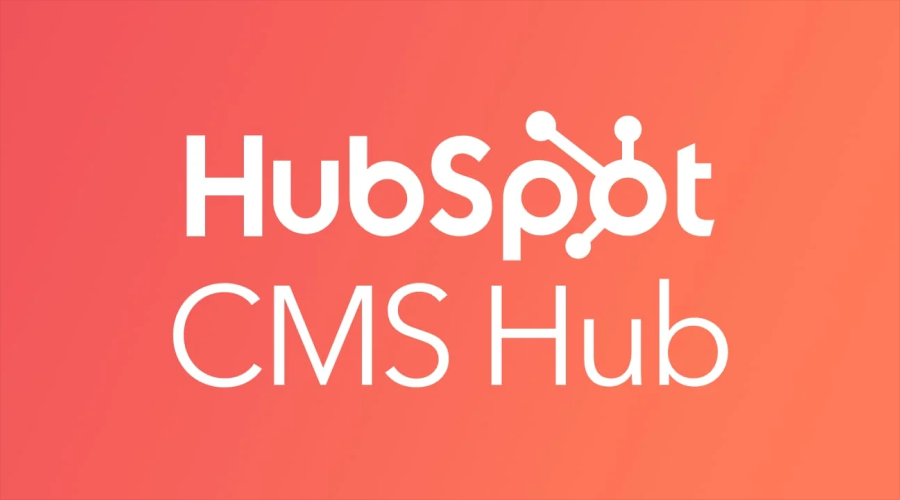
Best for: Marketing-driven websites
HubSpot CMS Hub brings website management and sophisticated marketing automation tools together. It’s perfect for lead generation, content personalization, and CRM integration-oriented companies.
Key Features:
- CRM integration: Effortlessly monitor leads, manage contacts, and tailor the information according to the user behaviour and data.
- Drag-and-drop editor: Powerful, intuitive visual editor allows building pages even if you do not know how to code.
- Smart content: Adapt content dynamically to each visitor depending on their exact location, behaviour, or age.
- All-in-one platform: Incorporates built-in hosting, SEO tools, analytics, and marketing automation on a single dashboard.
Conclusion
In summary, a decent CMS can influence the way your website functions. As a blogger, business owner, or developer, you will find a CMS that fits your needs. WordPress enjoys popularity because it is flexible. Shopify and Magento are very suitable for online stores, whereas Squarespace and Webflow are suitable for creative design. Evaluate your needs and select the one that best fits your goal and skill.






